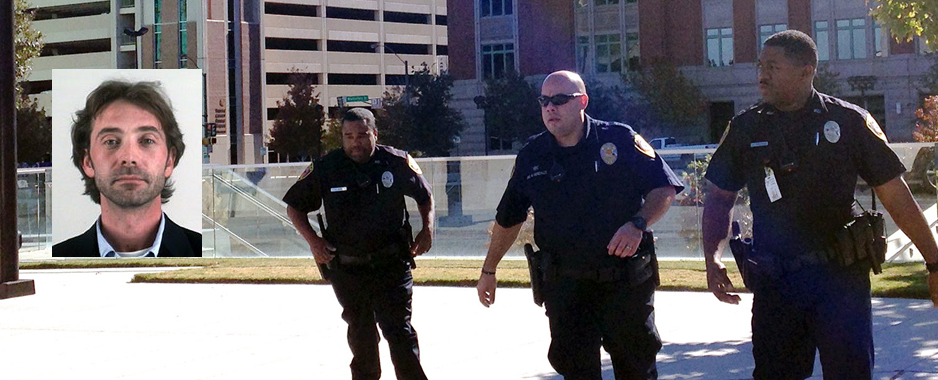By Chelsi DeVaul/reporter
When it comes to solving debt problems, one can find steps, strategies and solutions, a TCC financial aid adviser relayed to NE Campus attendees Nov. 20.
Joe Rodriguez, who works in the NE financial aid department, spoke about Solving Financial Debt.
“As we go through these steps, it helps with understanding debt and gives strategies to resolve debt problems,” he said.
Rodriguez said one can follow four steps to financial freedom.
Step one involves credit cards. By not paying the full balance on a credit card each month, people will never make progress because the interest keeps adding to what they owe, Rodriguez said. He said everyone should have a balance sheet, which allows people to see their financial worth written down.
“This is a quick overview of how to be a smart consumer of professional credit and financial counseling services,” he said.
A signal of debt addiction, step two, is being more than 60 days late on a payment. If people think they have a debt problem, they should seek out help at Debtors Anonymous, Rodriguez said.
Step three is “building a strategy.” When deciding which debt to pay off first, people should go with the lowest balance. Rodriguez said to make mini-payments on the other debts. Once that lowest debt is paid off, people can apply that money to the other debts.
A debt firm can assist in a settlement, and the debtor usually has to pay only 20-75 percent of the balance owed, Rodriguez said. This debt problem can remain on a person’s credit for up to seven years.
“Start rebuilding” is the final step. Rodriguez said people should reduce expenses, save money and have only one credit card with a low limit for emergencies. Saving between $1,500-$2,000 in an emergency fund is a great idea, he said.
“Hopefully these tips through this module helps repay your debt and build a solid financial future,” he said.




























